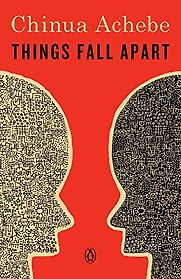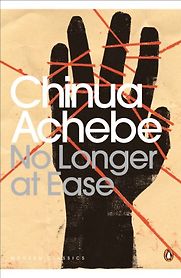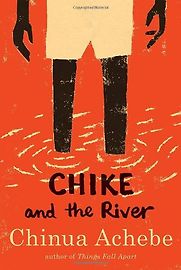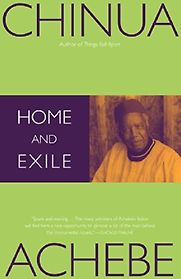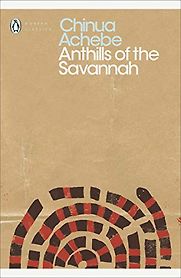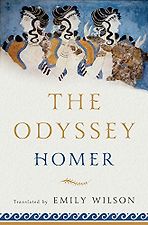Recommendations from our site
“Absolutely compulsory reading for anybody who wants to understand the impact that the Europeans had on Africa—particularly those of the missionaries. The colonial officers were accompanied by missionaries intent on ‘civilising’ Africa. Chinua Achebe really captures in this masterpiece the tensions of that period. If anybody were to read only one book about Africa, I’d put Things Fall Apart right at the top of my list.” Read more...
Books About African History by African Writers
Zeinab Badawi, Broadcaster
“It almost feels like a cliché to say that this is one of my favourite books. But there is no way you can escape this book. It is such a part of African literature. It is an inescapable classic. It is a brilliant feat of storytelling, the economy of it, the brevity, the imagery, the ear he has for the traditional language.This is the story of Okonkwo, one of the chiefs in the village who rose from poverty and becomes one of the leading figures. He is a leader and local wrestling champion in Umuofia, a fictional group of nine villages in Nigeria, inhabited by the Igbos. He tries to stick to the tradition that he knows and is hopeless when confronted with the modern. He cannot wrap his mind around change in the form of the British and the missionaries and ultimately he is destroyed by that. Even though it is a tragic story you are still captivated by it.” Read more...
Helon Habila, Novelist
“What Achebe is saying is that there was a culture, there were really intricate social and economic systems that existed before colonialism, that were disrupted by that process.” Read more...
Tendai Huchu, Novelist
“I think what’s so fantastic about it is that it’s sort of portentous, if that’s the right word, in that it captures that moment between the end of colonisation and independence, and the inevitable crushing of Africa’s dreams. I can’t remember exactly when it was written, but it was very early on in the process. It sounds really pessimistic – I mean, it’s a beautifully written book, but it’s the way in which the fate takes over. There was an endemic inevitability about things falling apart, almost through nobody’s fault. And there are people nobly fighting against that. It sounds like a terribly pessimistic, self-flagellating book about how Africa’s independence came too soon. In some ways it is, but it’s also about the nobility of individuals trying to stop things falling apart. I read it when I was quite young and I didn’t know what a parlous state Africa was really in, and this gave me a historical context for it all.” Read more...
The best books on Colonial Africa
Sam Kiley, Journalist
